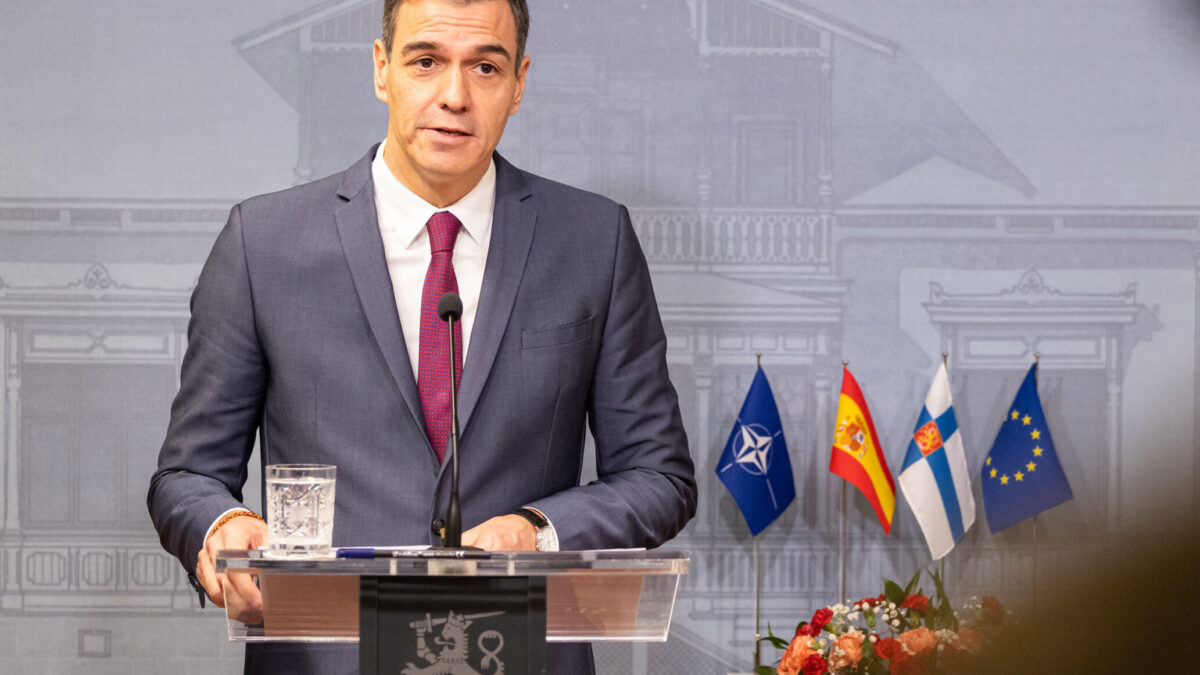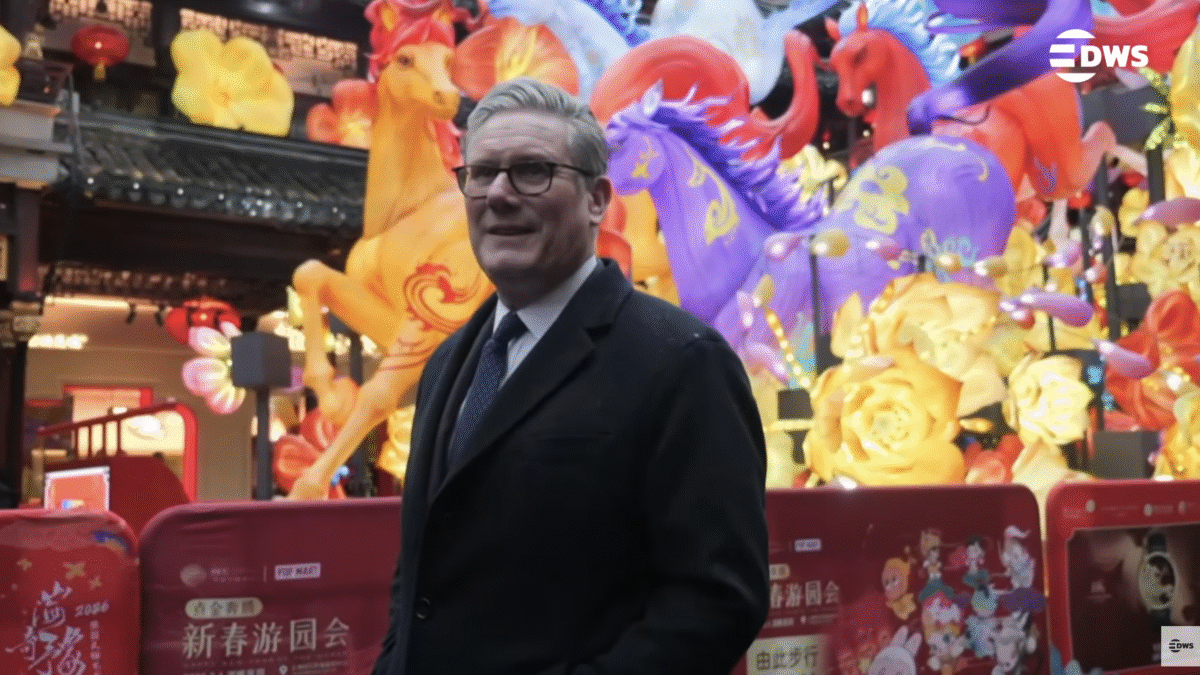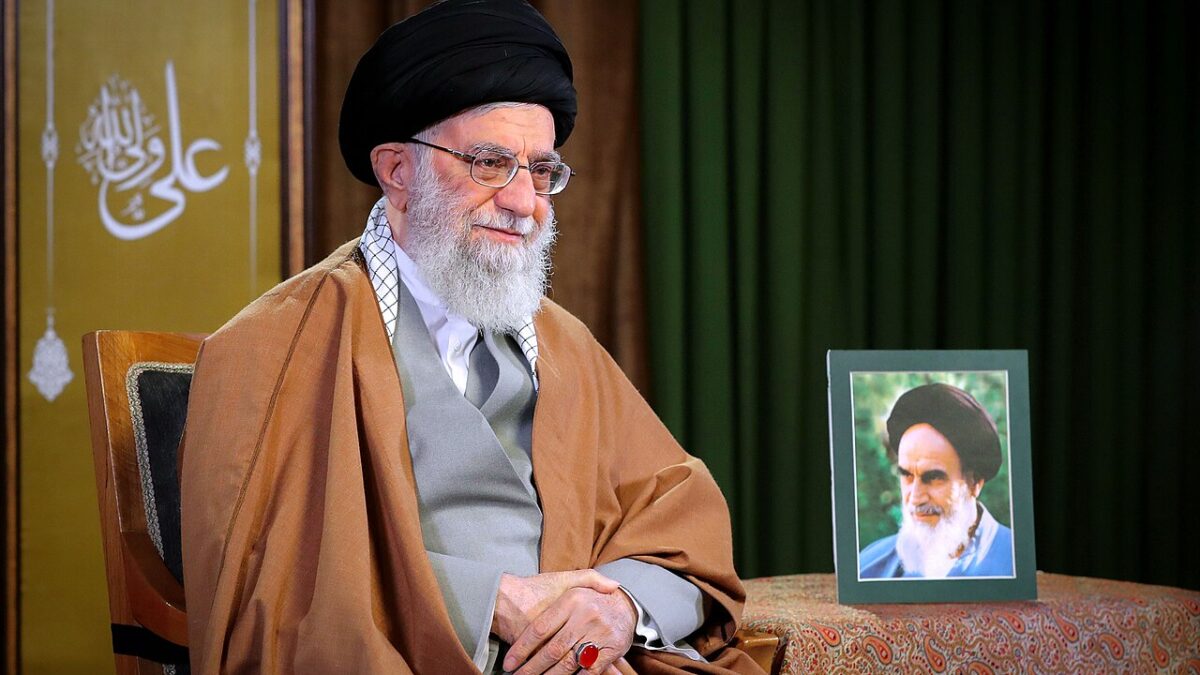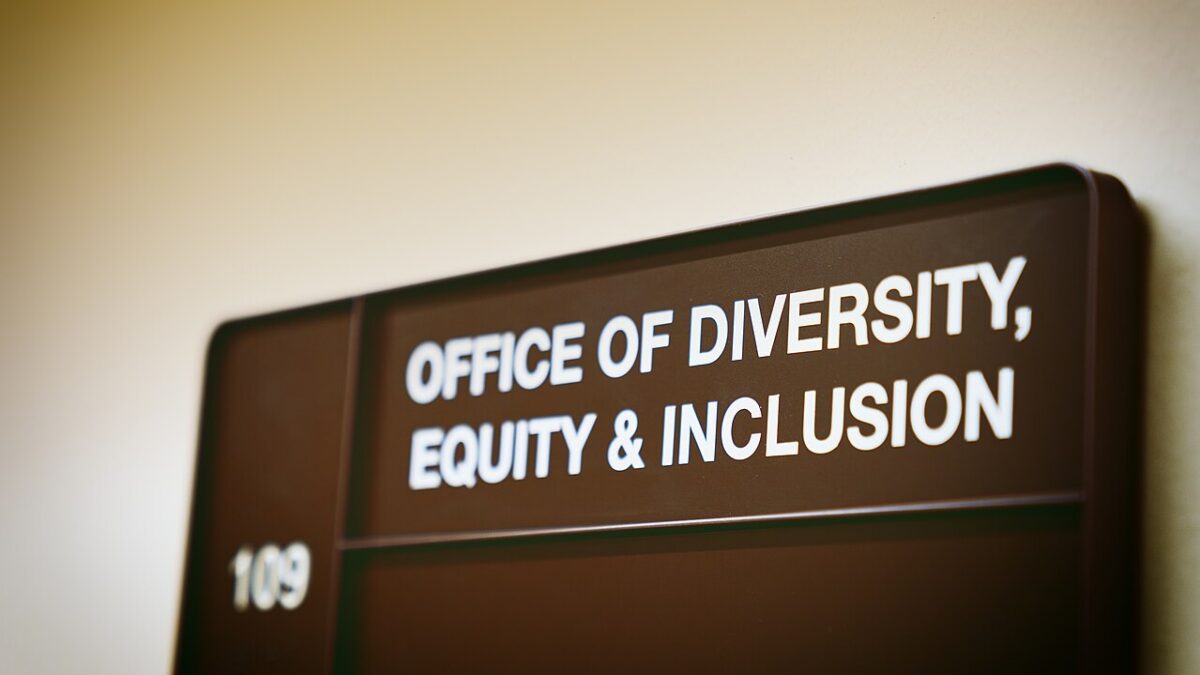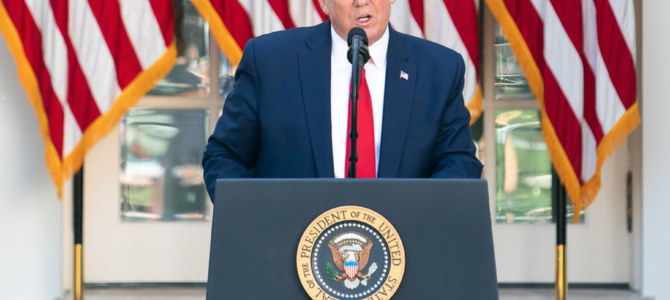
If America is to triumph in its generational struggle with the Chinese Communist Party (CCP), history may look back on President Donald Trump’s May 29 speech as a turning point.
It was a short statement, but one of immense significance that ought not be wholly overshadowed by America’s present descent into lawlessness and chaos.
In it, the president spoke as none of his predecessors had, buttressed by acts none of them took, with respect to China. He directly confronted the CCP for its malevolence, targeted the core elements of its grand strategy, and put on notice arguably its greatest American benefactor. The president’s words, and related deeds, should not be taken for granted.
For more than 40 years, both Democrat and Republican administrations have advocated for integration and accommodation explicitly aimed at bolstering what has become our greatest foe. In so doing, they have twisted themselves into pretzels to avoid criticizing the CCP, rationalizing the irrational view that looking the other way at its hostility and totalitarianism would somehow cause it to act better. Trump put an end to all that.
In delivering his Rose Garden riposte to the CCP’s abrogation of the Sino-British Joint Declaration by way of its Hong Kong national security law, the president signaled that the administration’s “good cop-bad cop” routine — in which Trump sought to foster direct relations with Xi Jinping, while senior administration officials simultaneously challenged the CCP’s malevolence — might be over.
More importantly, he outlined the battle in which we are now finally engaged.
Confronting Communist China
Trump called out the CCP for its lying, cheating, stealing, repressing, and drawing of American blood.
As he stated early in the address, “The Chinese government has continually violated its promises to us and so many other nations” (Emphasis mine), meaning Xi and the ruling CCP.
In Trump’s words, China has “violated their commitments under the World Trade Organization,” “unlawfully claimed territory in the Pacific Ocean,” “stole[n] our intellectual property,” and “smother[ed] Hong Kong’s freedom.” Trump also noted the “danger of surveillance and punishment [posed] by the Chinese state security apparatus” there.
“The world is now suffering as a result of the malfeasance of the Chinese government,” he added. “China’s cover-up of the Wuhan virus allowed the disease to spread all over the world, instigating a global pandemic that has cost more than 100,000 American lives and over a million lives worldwide.”
In laying out these charges against the CCP, Trump signaled to Beijing that his administration is clear about the CCP’s nature and is willing to acknowledge it publicly.
Targeting the CCP’s Grand Strategy
But Trump’s recounting of these charges was perhaps of secondary importance to his practical response, which targeted the core elements of the CCP’s strategy.
In the speech, Trump enumerated five core policy measures, each one striking a different part of the CCP’s overall plan to achieve its hegemonic aims.
In pulling out of the World Health Organization, Trump was responding to China’s effort to infiltrate, control, and project power through international organizations.
In issuing a proclamation blocking Chinese nationals who pose a national security risk from attending U.S. institutions of higher education, Trump was responding to China’s broader civil-military fusion strategy. This strategy, aimed at achieving technological dominance and military superiority, involves using all means to obtain and develop technological crown jewels that can be used to grow the CCP’s power, including taking advantage of our openness and benevolence.
In directing the Presidential Working Group on Financial Markets “to study the differing practices of Chinese companies listed on the U.S. financial markets, with the goal of protecting American investors,” Trump was responding to China’s efforts to leverage capital markets to underwrite the economy that keeps the CCP afloat. Trump had taken direct action in this area just weeks prior, by directing that a federal retirement fund not be invested in Chinese companies that threaten America’s national interest.
In declaring that the administration would “begin the process of eliminating policy exemptions that give Hong Kong different and special treatment,” Trump was responding to China’s efforts to use proxy territories as cutouts, given its heavy reliance on Hong Kong’s financial sector to conduct business.
In declaring an intent to “sanction [China] and Hong Kong officials directly or indirectly involved in eroding Hong Kong’s autonomy,” with actions both “strong” and “meaningful,” Trump was stating his administration would be directly pursuing malevolent actors in the CCP itself. That is, he was indicating that the ruling CCP, the ambitions of which are premised on executing this strategy, would be held personally liable for its malevolence.
Trump’s speech therefore exposed China’s strategy to achieve global dominance by controlling international organizations, financial markets, proxies, and technology — particular dual-use technology that gives it military strength. He targeted the leaders of that strategy directly.
Putting on Notice the CCP’s Greatest American Benefactor
China has exploited the relationship it built with America to influence the businesses as well as the cultural and academic institutions with which it interacts. Of all sectors, Wall Street has been most closely aligned with the CCP regime for years, in hopes of taking advantage of the massive Chinese market. It is a symbiotic relationship. Beijing has courted senior American financial executives to press U.S. presidential administrations for greater trade liberalization, while said executives’ banks have received massive underwriting and advisory fees relating to Chinese commerce.
By targeting capital markets we have permitted China to take advantage of, which bolstered the CCP, Trump has sent a signal to U.S. financial titans that the national interest must trump economic self-interest.
In the wake of the anniversary of the Tiananmen Square massacre, in which America’s response proved inconsequential and weak, it should not be lost on the American people how radically our policy toward China has shifted under the Trump administration, for the betterment of America and freedom-loving people around the world.


